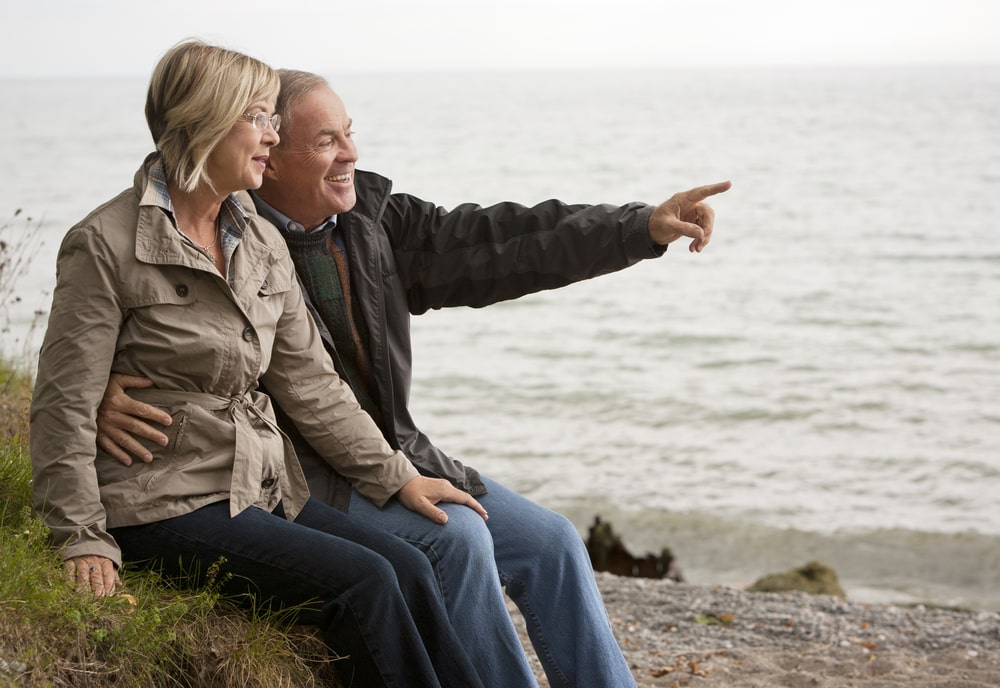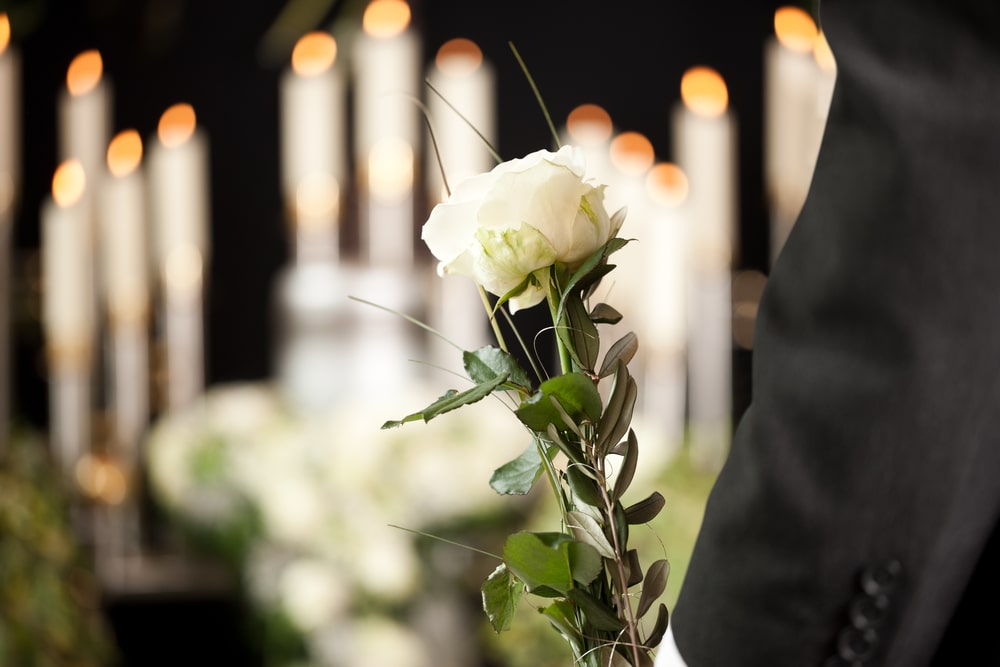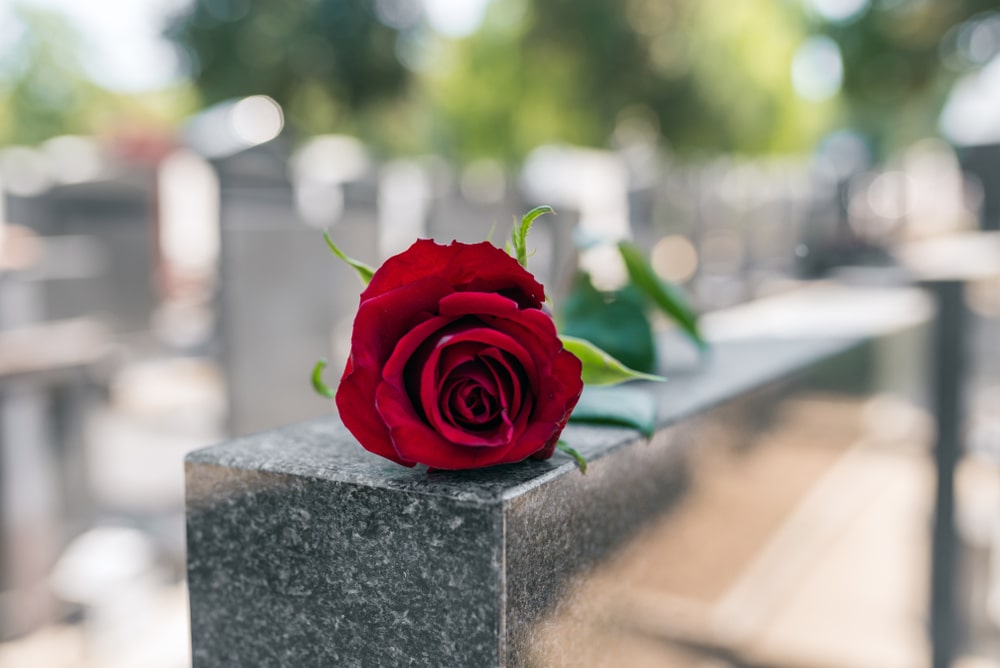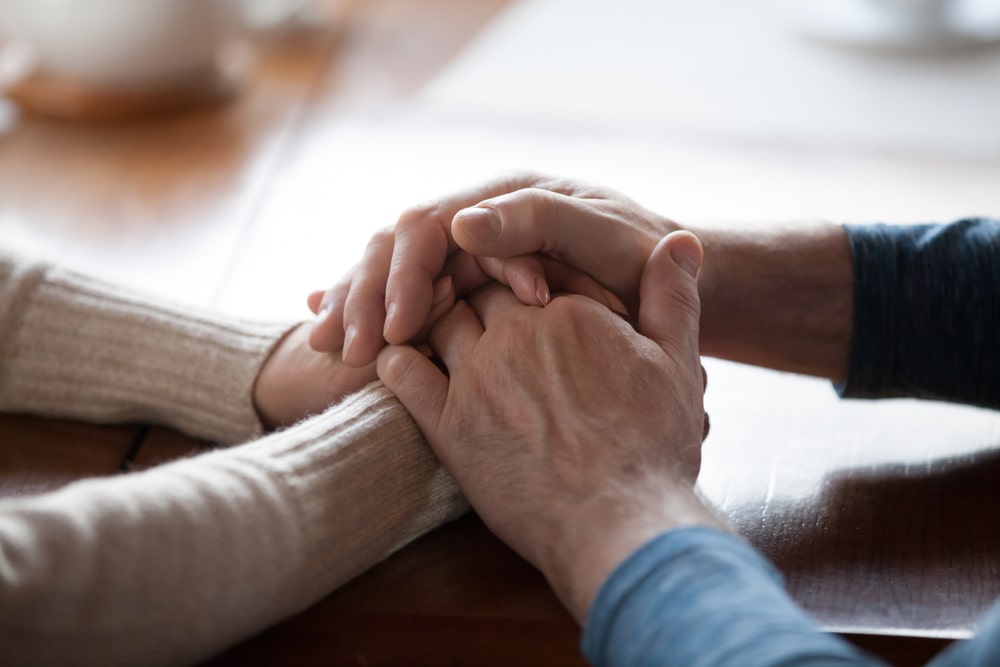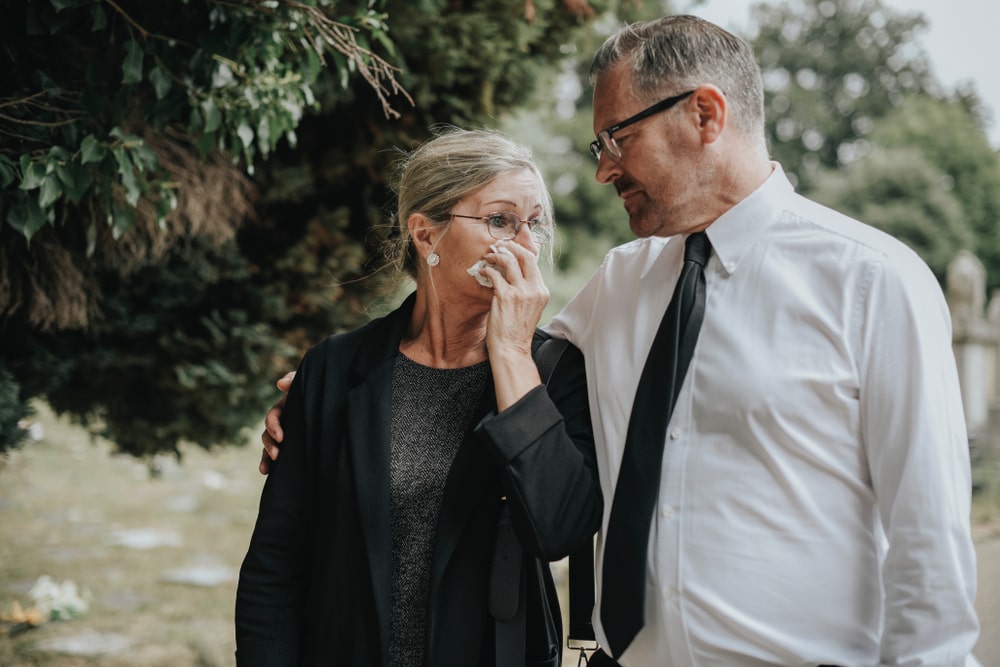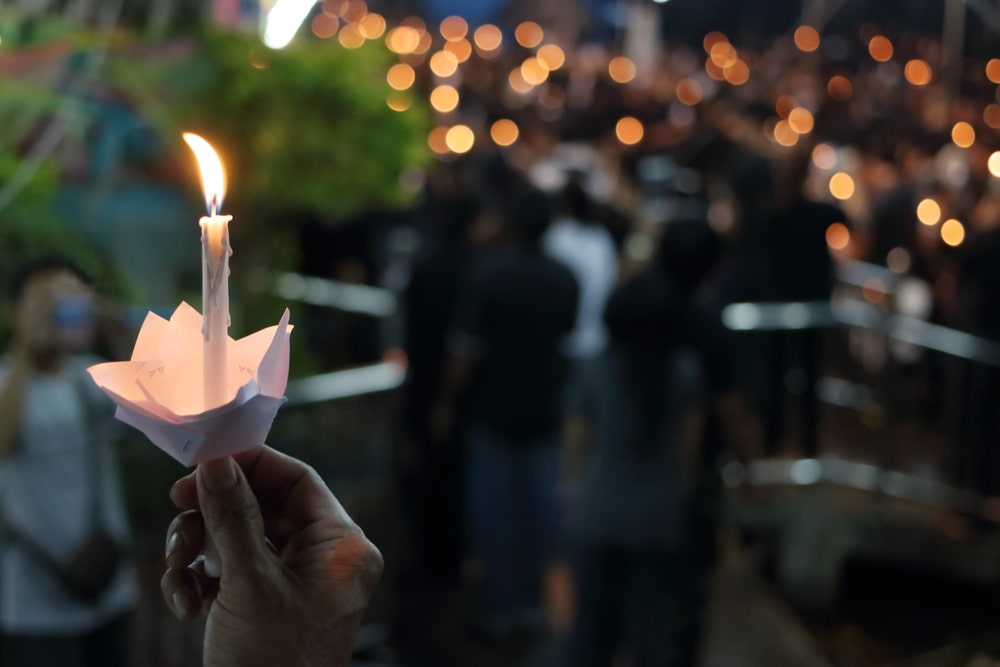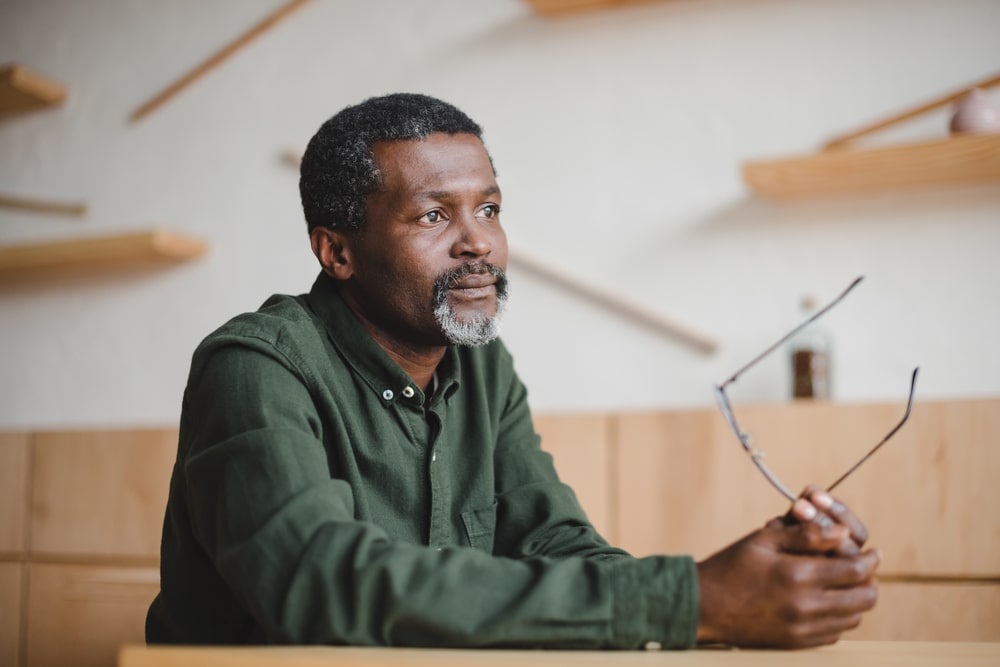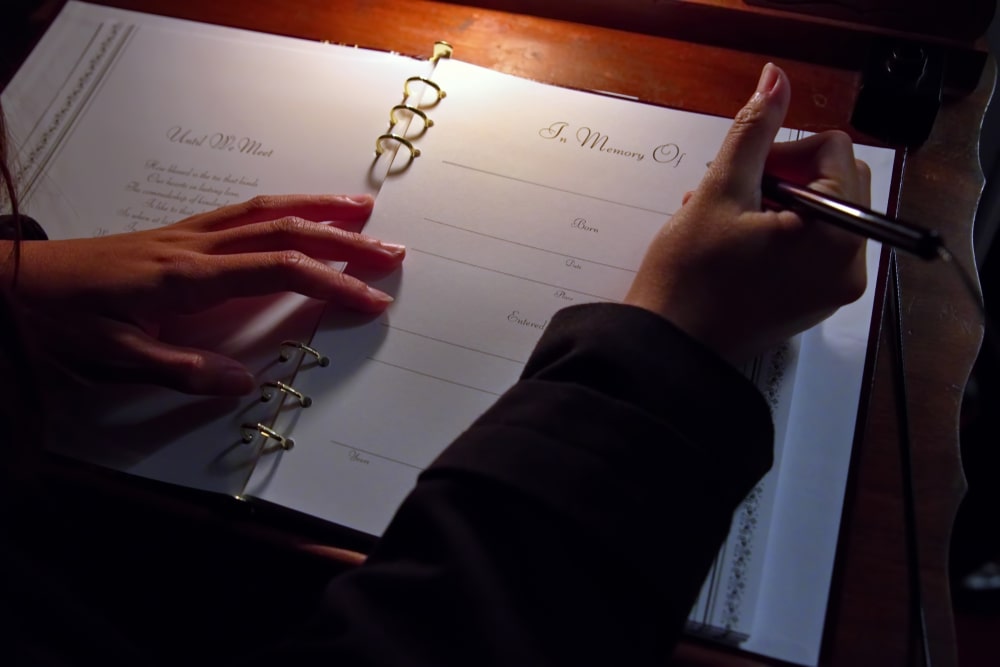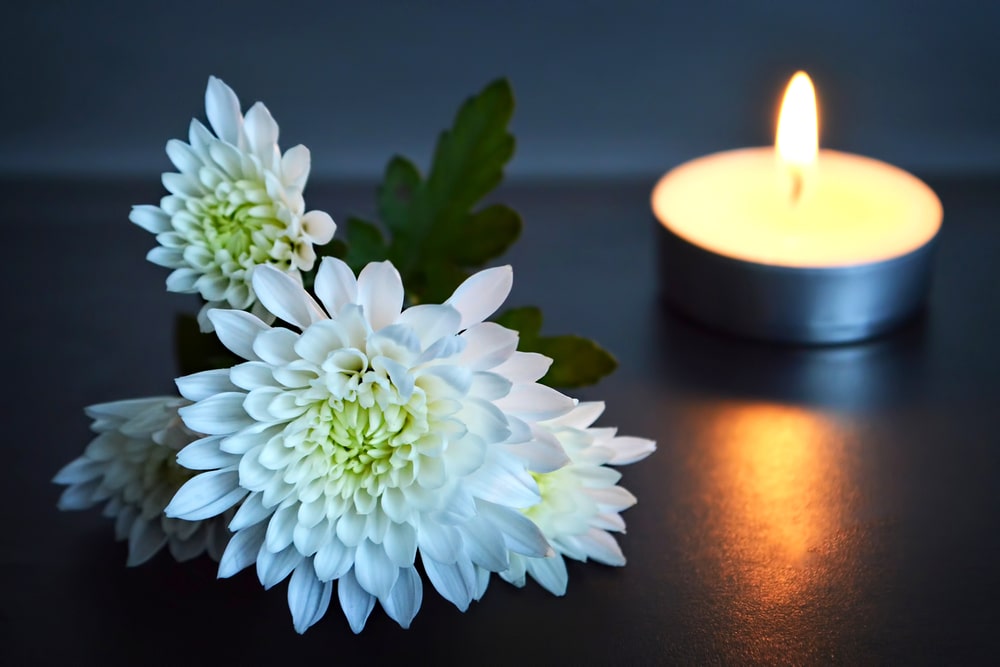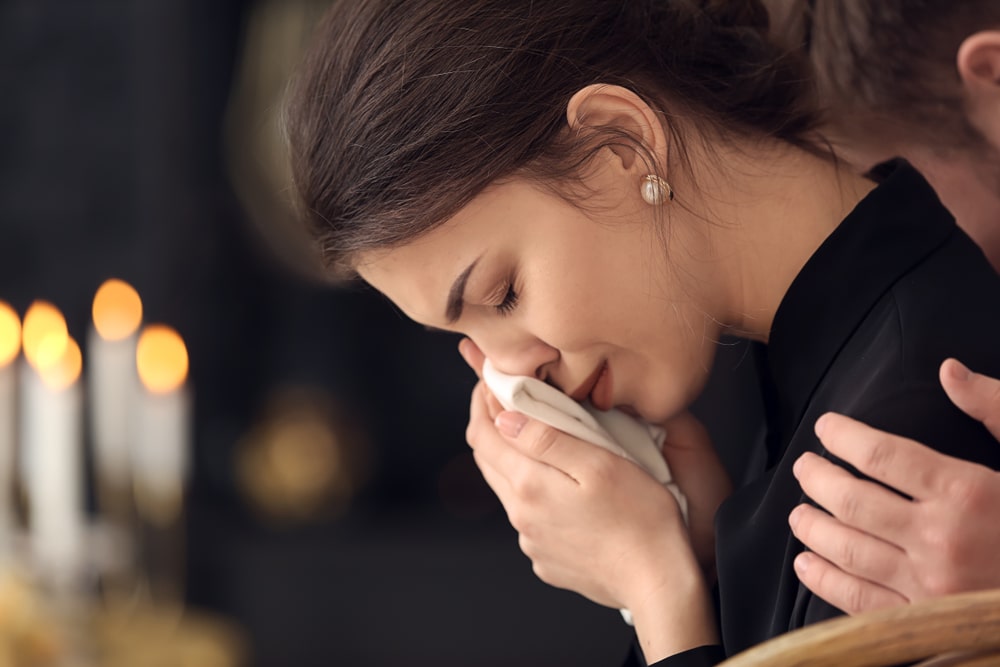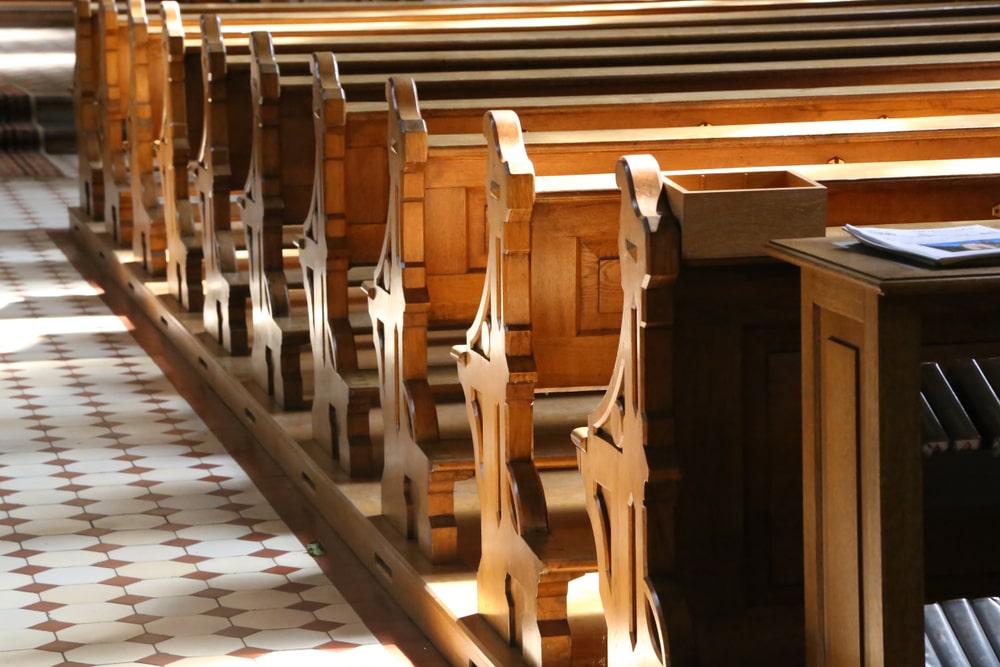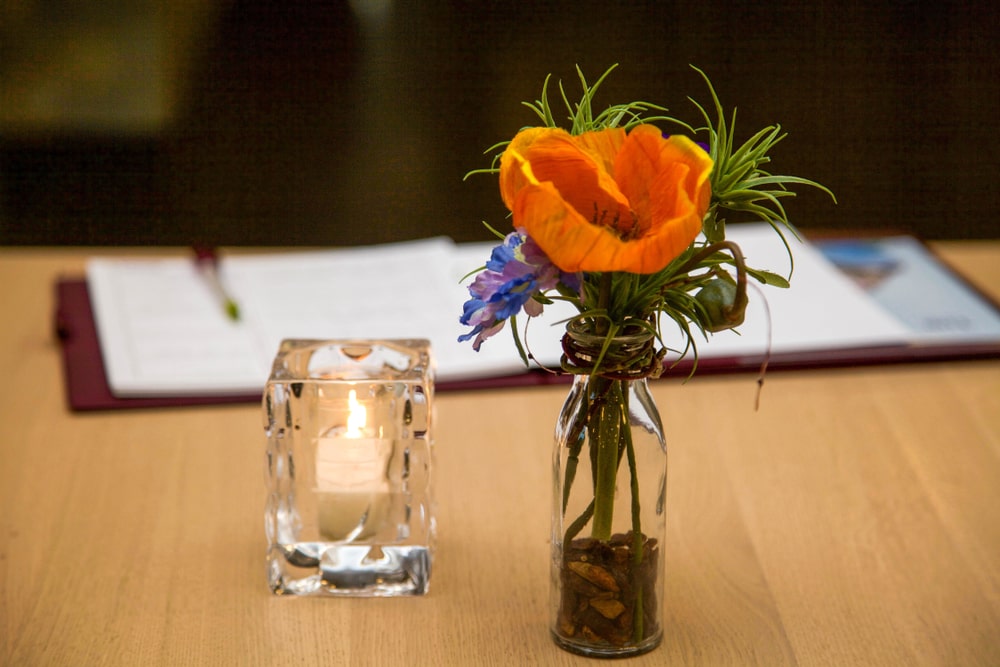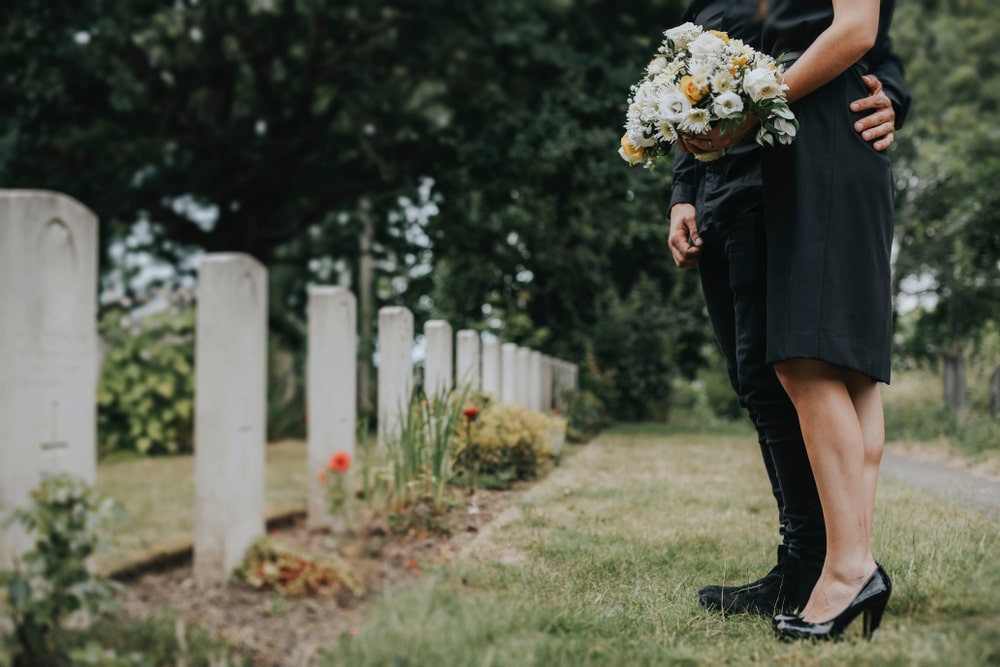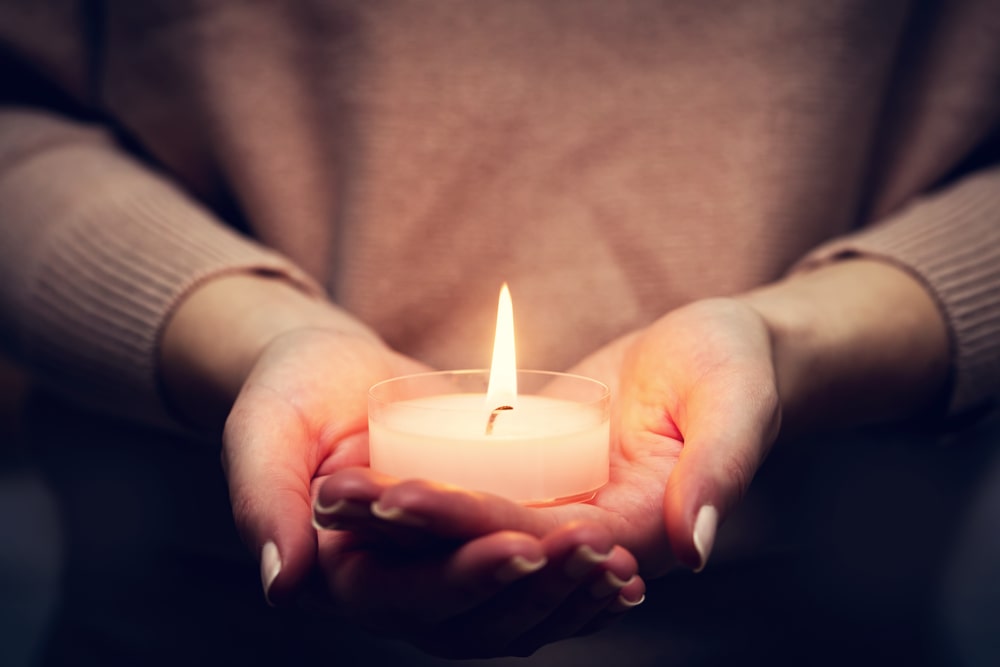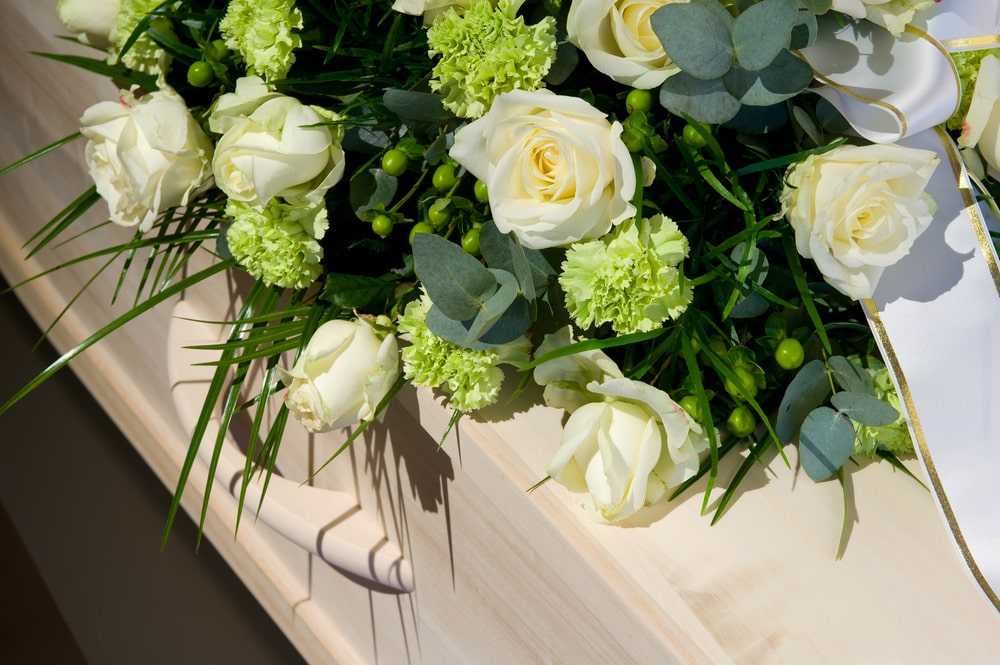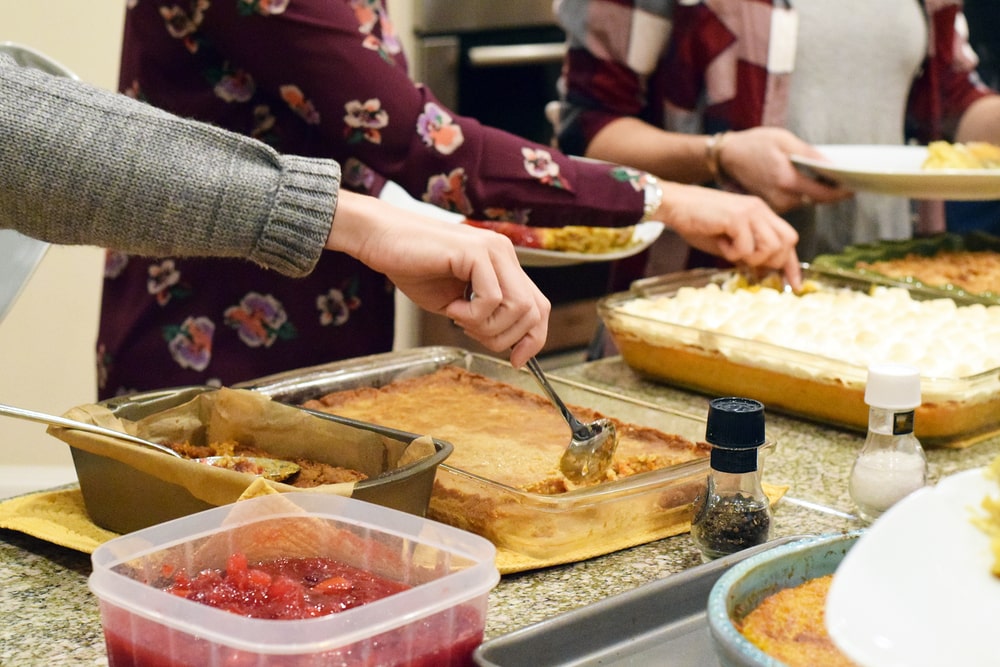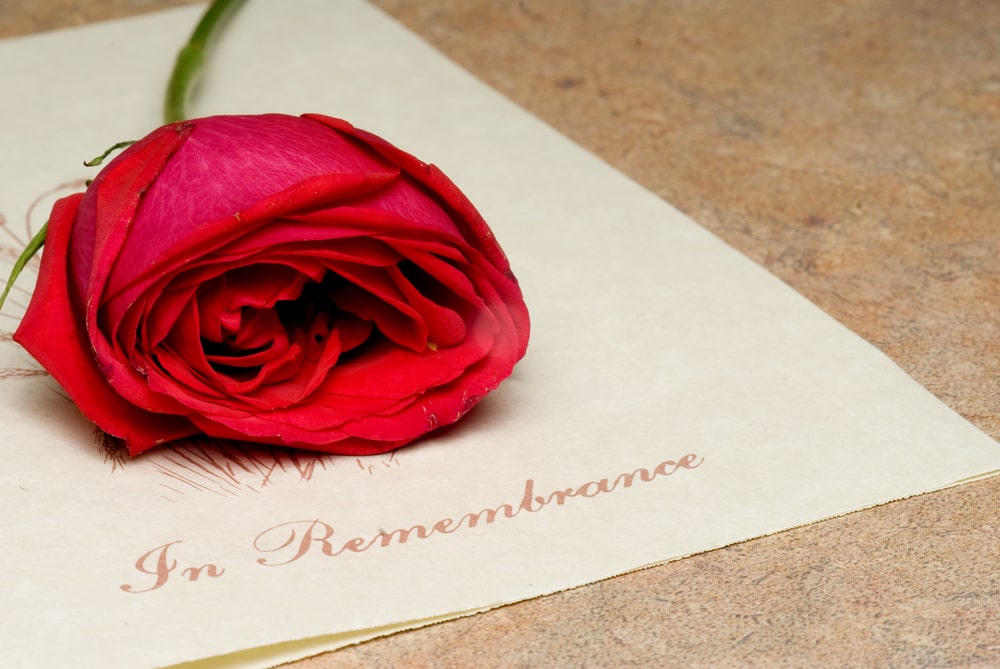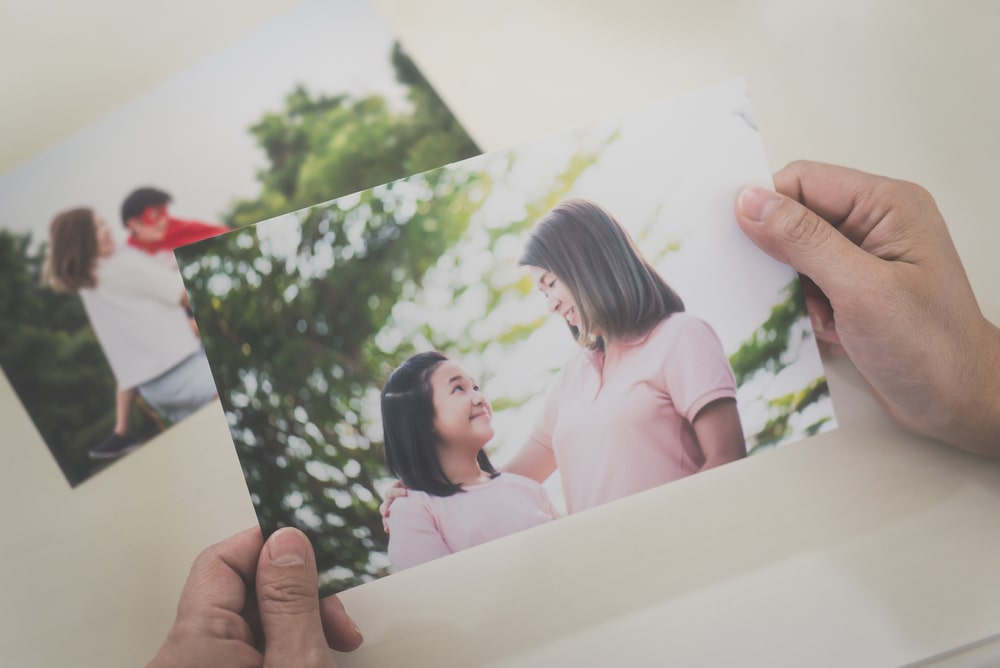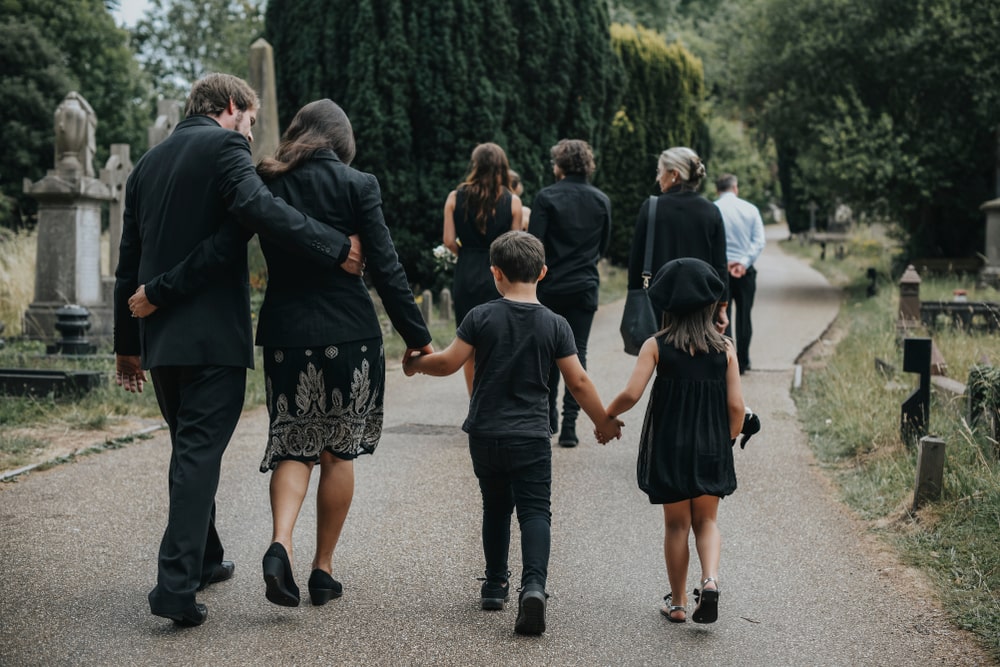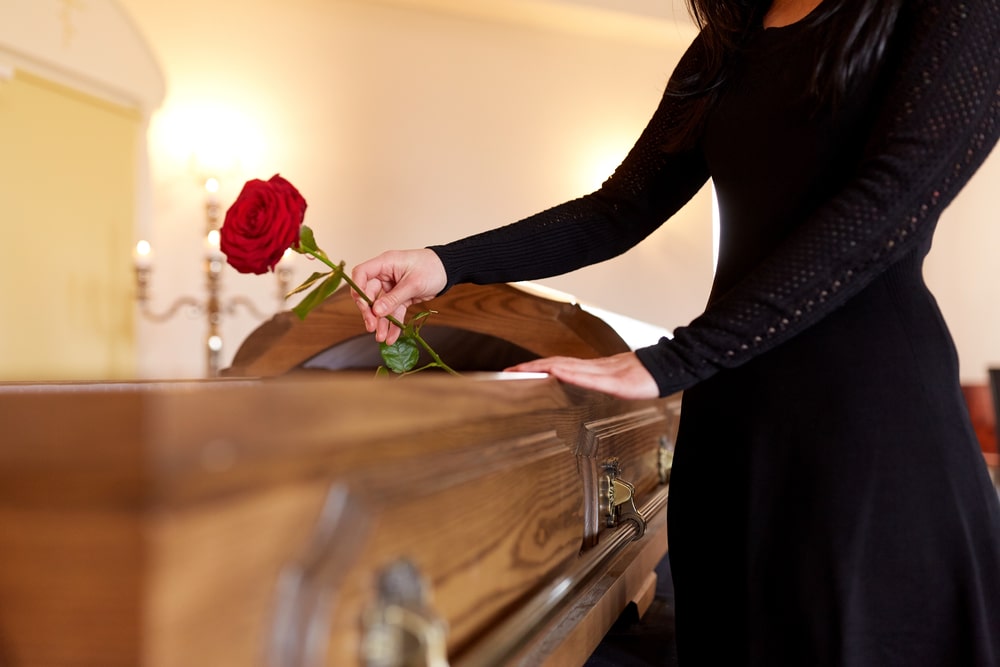
While the traditions surrounding the funeral have changed from culture to culture over the ages, the fact is that every culture finds a way to remember and honor their dead. Dr. Alan Wolfelt, a nationally recognized grief counselor and educator, has found that the funeral is more than just a ritual – it is an important part of grieving well and discovering the ability to move forward.
The 6 Needs of Mourning
After talking with thousands of families, Dr. Wolfelt found that an authentic funeral helps meet six essential needs of mourning. He believes these six needs are “the most central to healing in grief. In other words, bereaved people who have these needs met, through their own grief work and through the love and compassion of those around them, are most often able to reconcile their grief and go on to find continued meaning in life and living.”

The six needs are:
- Acknowledging the reality of the death
- Moving toward the pain of loss
- Remembering the person who died
- Developing a new self-identity
- Searching for meaning
- Receiving ongoing support from others
A personalized funeral that encompasses all six of these needs becomes meaningful and healing. It creates a special moment in time that can bring comfort and peace and help each person start the grief journey on the right foot. Today, let’s explore how funerals help us come to terms with a new self-identity.
Funerals Publicly Acknowledge a Change in Identity
As social beings, part of our self-identity is formed by our relationships with others. We all have roles to play based on the people closest to us: husbands and wives; parents and children; grandparents and grandchildren; best friends; mentors. All of these identities are based on the relationships around us.
As soon as someone you love dies, the identity you’ve built in relationship to that person becomes fractured. We become literally “bereaved,” or “ripped apart” by the loss. The closer the relationship, the greater the sense of the loss of identity. For instance, your identity may shift quite suddenly from being a “wife” or “husband” to being a single mother or father. Or you may go from being a loving parent to being childless. Death causes a dramatic shift in how we perceive ourselves and our place in the world. A funeral or memorial publicly marks this change in identity.
Additionally, it’s important to remember that guests at the funeral may also experience a change in identity. Perhaps they’ve lost a best friend, and life will look very different from now on. It’s important to remember that self-identity changes don’t just affect the bereaved family. They affect everyone who found some part of their identity through a relationship with the one who has died.
Funerals Allow Others to Participate in this Change of Identity
While you know internally that your identity has changed, the funeral or memorial also allows others to publicly mark your change in identity. By attending the service, it’s as if your friends and family are saying, “We see you, we acknowledge your pain, and we want you to know we care about you.” To move forward, it’s just as important for others to acknowledge your change in identity as it is for you to do so.
We often turn to ceremonies to mark changes in identity, such as wedding ceremonies, graduation ceremonies, baby christenings, and even bar/bat mitzvahs and sweet sixteen birthday parties. A funeral is a similar right of passage into a new chapter of life, although it is not one we enter willingly. However, just as we do with other ceremonies, we welcome the people around us to join us, support us, and help us through the time of transition. As you move forward through your grief journey, the people you invite into your process will be witnesses to the transition and will offer their support and help along the way.
Funerals Encourage Us to Embrace Our New Identity
Even as we acknowledge our change in identity, we also have to decide what we are going to do with our new identity. Following a loss, we often ask ourselves, “What do I do now? How do I want to live my life?” Death has a way of bringing life into sharp focus. We re-evaluate our priorities. We decide what we want to carry with us into our future lives and what we will leave behind. Some people are launched in an entirely new direction. Others simply embrace the preciousness of life and find a way to more deeply value the life they have.
While we didn’t necessarily want or ask for a new self-identity, it has happened. The funeral or memorial service allows us to publicly mark this significant change in our lives. Adjusting to our new identity may mean growing pains and difficult tasks. We may have to take on roles we didn’t before, like taking out the garbage, buying groceries, being both mom and dad to our kids. With every new task or role that you take on, your confidence will grow. Take the time you need to adjust. Ask friends and family for help. In time, you will find a way to move forward, developing renewed confidence in yourself and eventually accepting your new self-identity.




